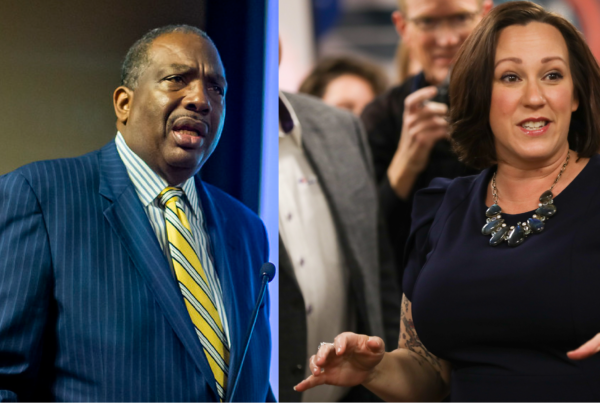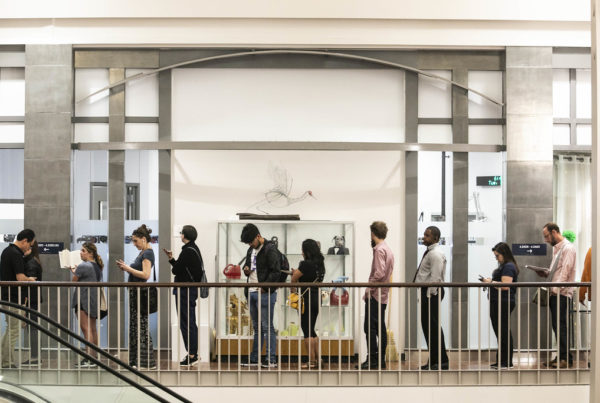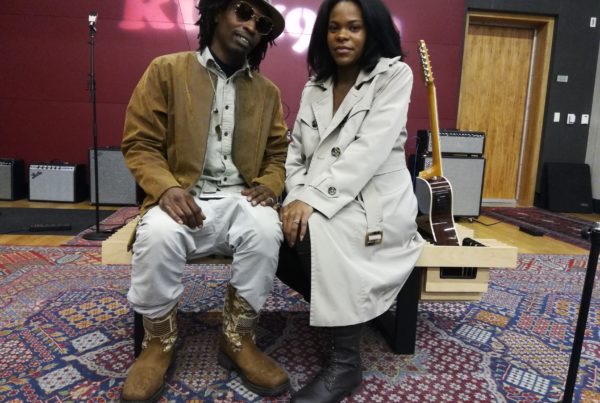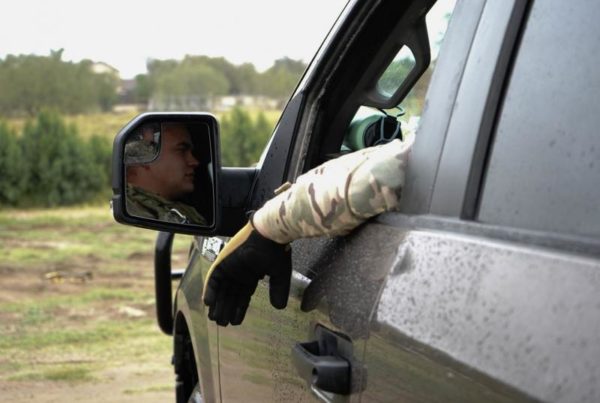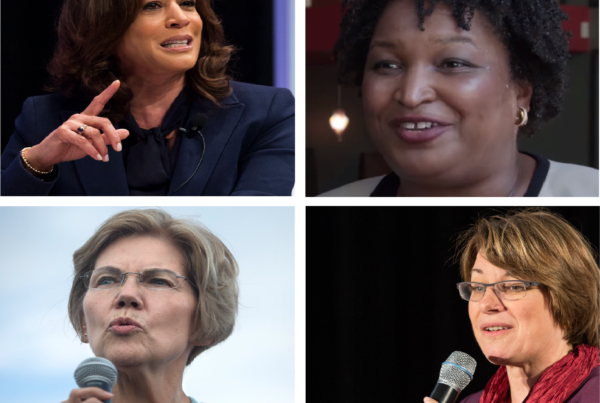After the 2016 general election, many people declared they would never trust a political poll again. But many Super Tuesday polls’ predictions about voting behaviors were quite accurate, and often within the reasonable margin of error established by pollsters.
Joshua Blank, director of research at the Texas Politics Project says pre-Super Tuesday polls were close to accurate. But because Texas has been a Republican stronghold during the past two decades, pollsters haven’t felt the need to sample opinion about the two parties. He says that’s changing.
“I can easily rattle off what looks like 15 polls, maybe 20, since April,” Blank says.
More polls means better information because an average of several polls allows pollsters to make better guesses about what voters want.
Blank says the vote totals in Texas for most presidential candidates ended up being within the margin of error of what recent polls predicted.
“The only person who really overperformed in Texas, and really, in a lot of states, was Joe Biden,” Blank says. “But the reality is that every poll is a snapshot in time.”
Blank says the Democratic establishment’s decision to line up behind Biden during the 48 hours before the election probably helped his campaign, and meant that polls became outdated at the last minute.
Blank says polls themselves are better than they once were, and that journalists are asking better questions of pollsters before accepting the numbers they generate.
Written by Shelly Brisbin.




